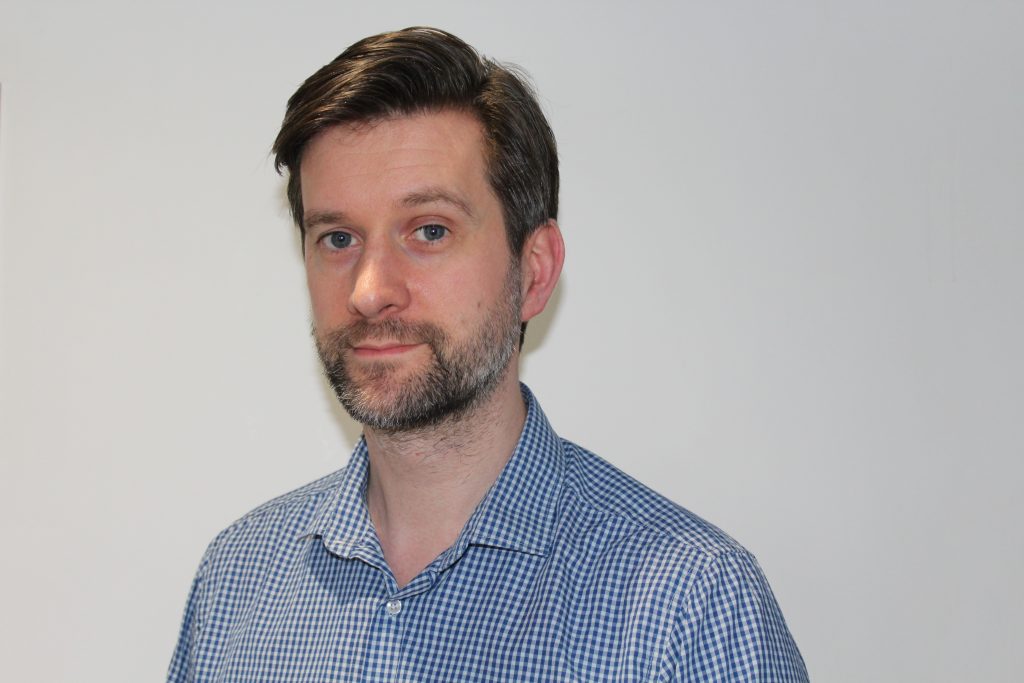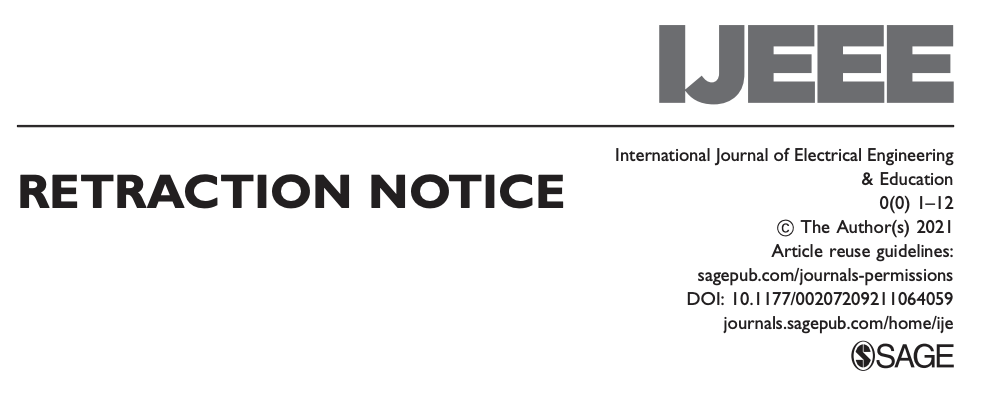
Finding papers produced by paper mills has become a major headache for many of the world’s largest publishers over the past year, and they’re largely playing catch-up since sleuths began identifying them a few years ago. But there may be a new way: Earlier this month, Adam Day, a data scientist at SAGE Publishing, posted a preprint on arXiv that used a variety of methods to search for duplication in peer review comments, based on the likelihood that paper mills “create fake referee accounts and use them to submit fake peer-review reports.” We asked Day several questions about the approach.
Retraction Watch (RW): Tell us a bit about the methods you used.
Continue reading How to find evidence of paper mills using peer review comments




